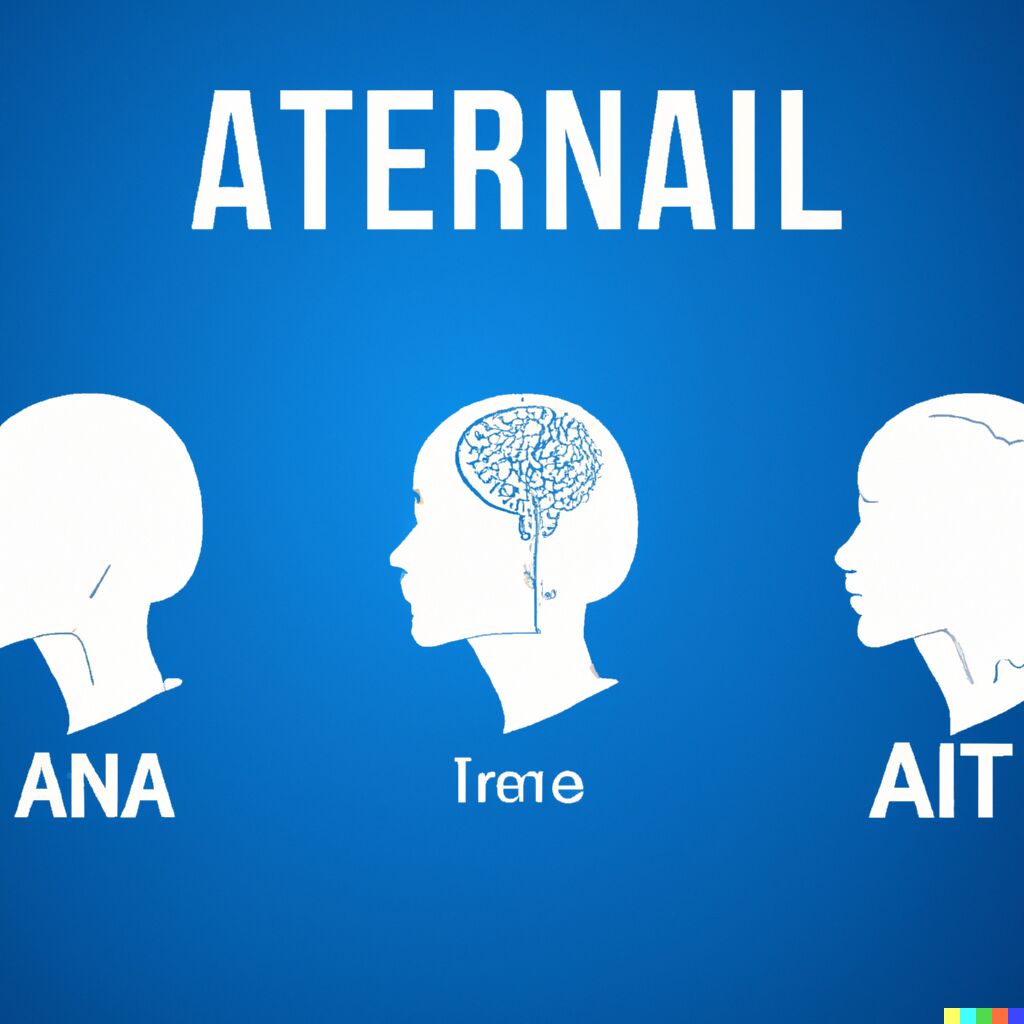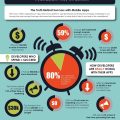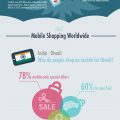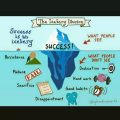How AI is Transforming the Job Market: What You Need to Know
How AI is Transforming the Job Market: What You Need to Know
The advent of Artificial Intelligence (AI) has revolutionized various aspects of our lives, from technology to healthcare. In recent years, AI has made significant inroads into the job market, transforming the way we work and interact with each other. As AI becomes increasingly ubiquitous, it’s essential to understand its impact on the job market and how it will continue to shape the future of employment.
What is AI?
Artificial Intelligence refers to a computer system capable of performing tasks that typically require human intelligence, such as learning, problem-solving, decision-making, and perception. AI systems use algorithms and data to analyze patterns, identify insights, and make predictions or recommendations.
The Impact of AI on the Job Market
AI is transforming the job market in several ways:
- Automation: AI-powered machines can perform repetitive, mundane tasks with greater speed and accuracy than humans. This has led to concerns about job displacement, particularly for roles that involve data entry, customer service, or manufacturing.
- New Job Creation: While AI may replace some jobs, it also creates new ones. For instance, AI and machine learning engineers are in high demand as they develop the algorithms and models that power AI systems.
- Upskilling and Reskilling: As AI assumes routine tasks, workers need to develop skills that complement AI capabilities, such as creativity, critical thinking, and emotional intelligence.
- Shifts in Job Roles: AI is changing job roles and responsibilities. For example, some jobs may require more human interaction or empathy, while others may involve working alongside AI systems.
Jobs Most Likely to be Affected by AI
Some jobs are more susceptible to automation than others:
- Data Entry Clerks: AI-powered tools can quickly process data, making data entry clerks redundant.
- Customer Service Representatives: Chatbots and virtual assistants can handle customer inquiries, potentially replacing human customer service reps.
- Manufacturing Line Workers: Industrial robots and machine learning algorithms can optimize production processes, reducing the need for human labor on assembly lines.
Jobs Less Likely to be Affected by AI
While AI may not replace human workers entirely, some roles are less susceptible to automation:
- Creative Professionals: Artists, writers, designers, and musicians require creativity, imagination, and originality – skills that AI systems currently cannot replicate.
- Healthcare Professionals: Nurses, doctors, and other healthcare professionals need empathy, critical thinking, and human interaction to provide effective care.
- Teachers and Educators: Teaching requires adaptability, creativity, and the ability to connect with students – skills that are difficult to automate.
How to Prepare for an AI-Driven Job Market
As AI continues to transform the job market, it’s essential to develop skills that complement AI capabilities:
- Develop Data Analysis Skills: Learn data analysis tools, such as Excel, SQL, or Python, to work with AI-generated data.
- Focus on Human-Centered Skills: Develop emotional intelligence, creativity, and critical thinking to work alongside AI systems.
- Stay Up-to-Date with Industry Trends: Continuously update your skills to match changing industry demands.
The Future of Work: Opportunities and Challenges
As we navigate the AI-driven job market, it’s essential to consider both opportunities and challenges:
Opportunities:
- Increased Productivity: AI can automate routine tasks, freeing up time for more strategic work.
- Improved Decision-Making: AI-powered analytics can provide insights that inform business decisions.
Challenges:
- Job Displacement: Widespread automation may lead to job displacement, particularly for low-skilled workers.
- Inequality and Bias: AI systems may perpetuate existing biases or exacerbate social inequalities if not designed with fairness and equity in mind.
Conclusion
The impact of AI on the job market is multifaceted and far-reaching. While AI has the potential to automate routine tasks, it also creates new opportunities for human workers to develop skills that complement AI capabilities. By understanding how AI will transform the job market, we can prepare ourselves for an increasingly AI-driven world and work towards creating a future where humans and machines collaborate effectively.
Recommendations
- Stay Informed: Continuously update your knowledge about AI trends and their impact on the job market.
- Develop Human-Centered Skills: Focus on developing skills that complement AI capabilities, such as creativity, critical thinking, and emotional intelligence.
- Invest in Education and Training: Invest in education and training programs that prepare workers for an AI-driven job market.
By working together to navigate the challenges and opportunities presented by AI, we can create a future where humans and machines collaborate to drive innovation, productivity, and growth.








